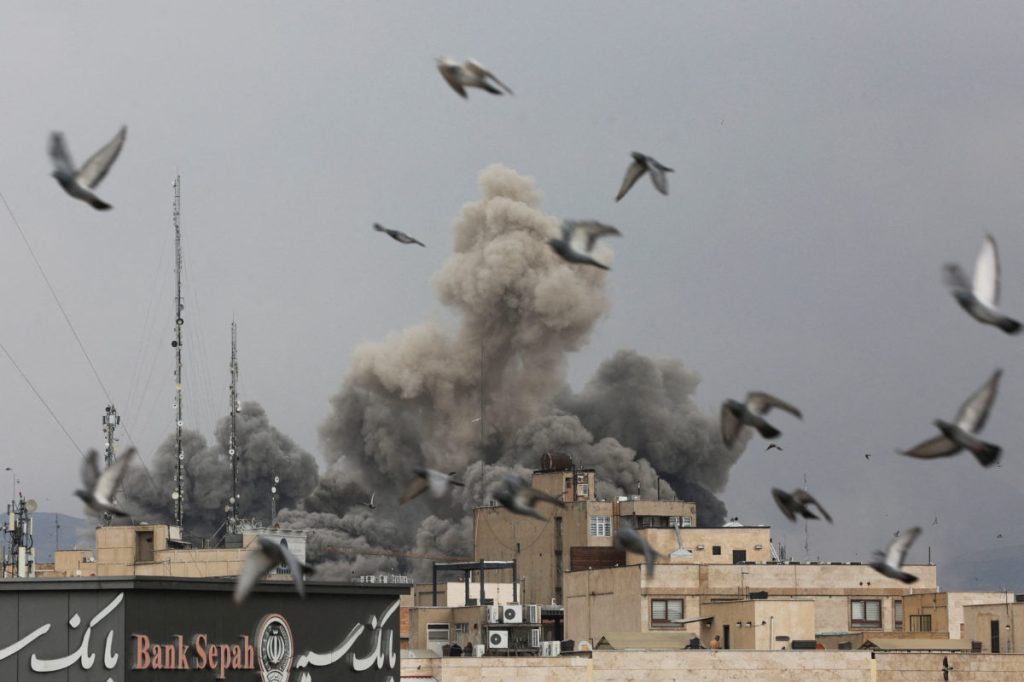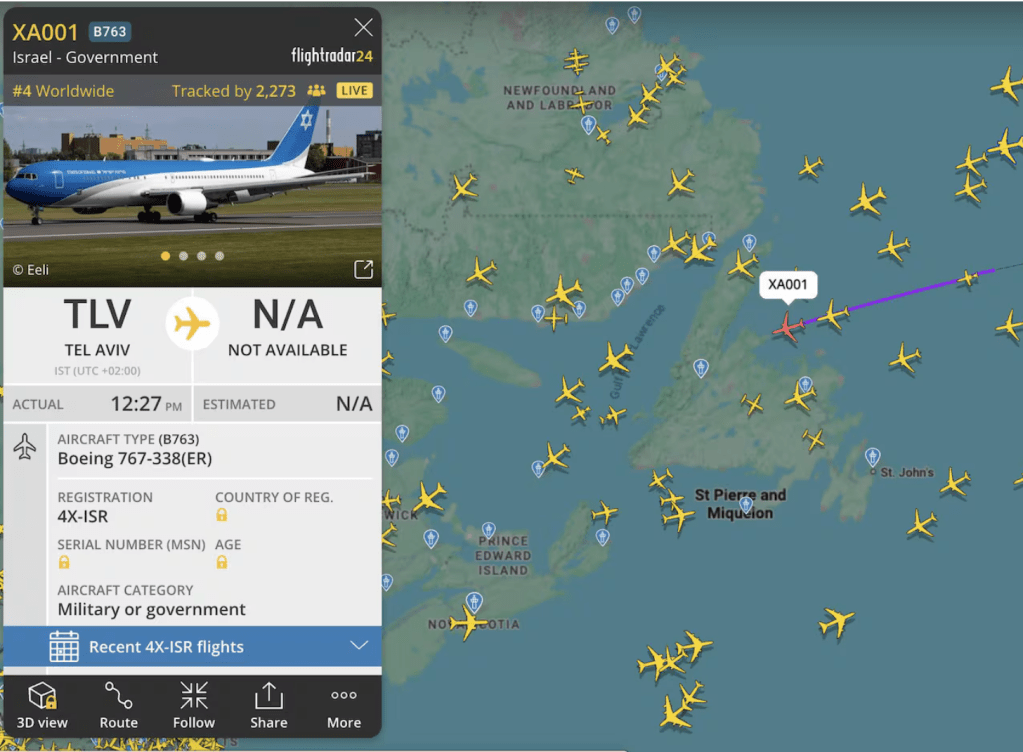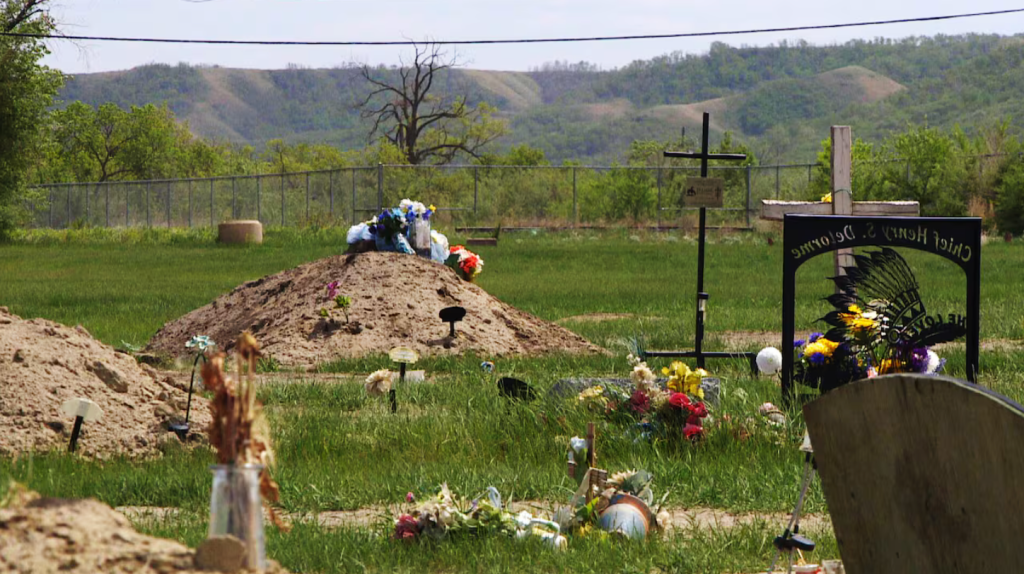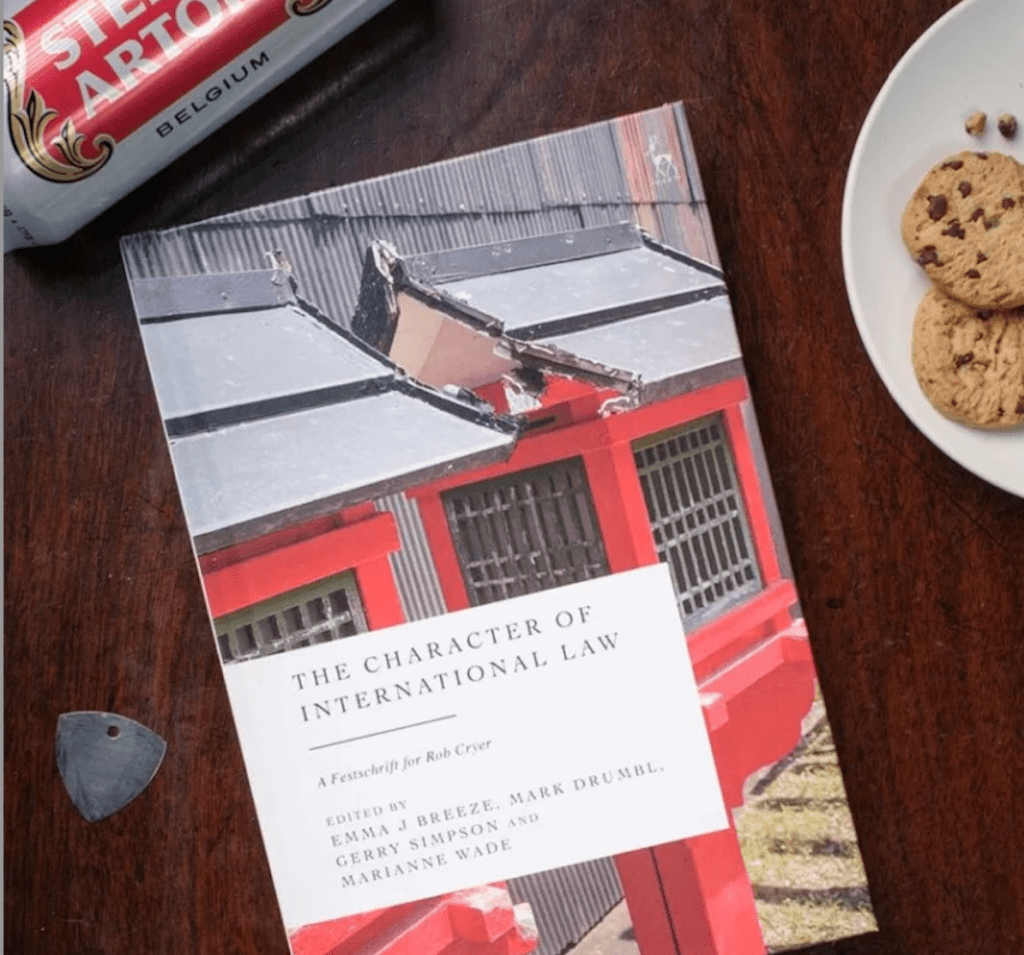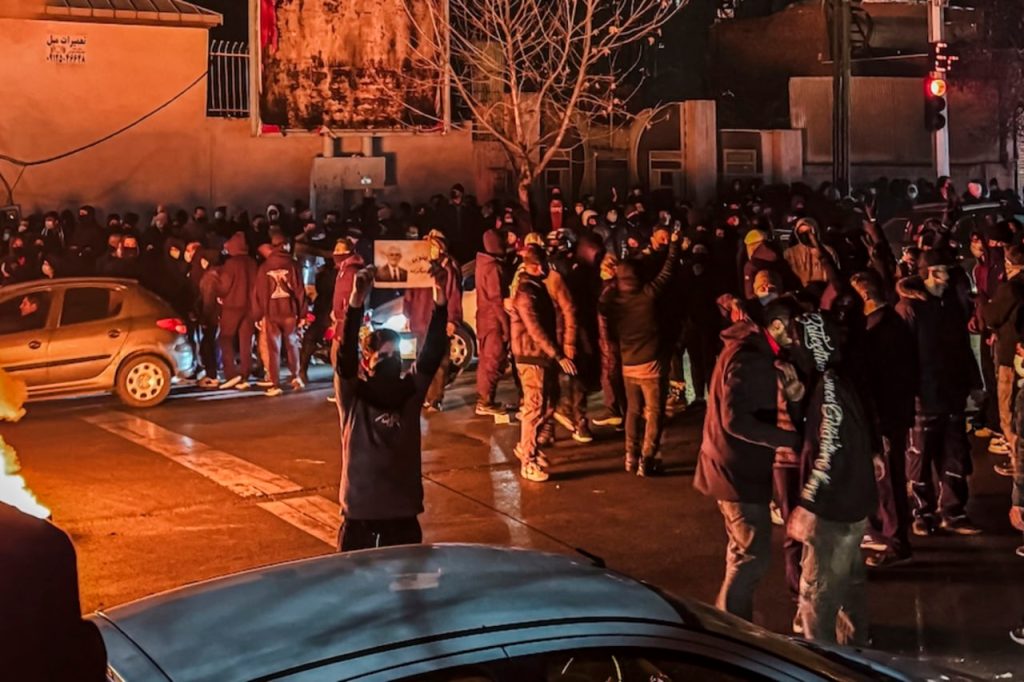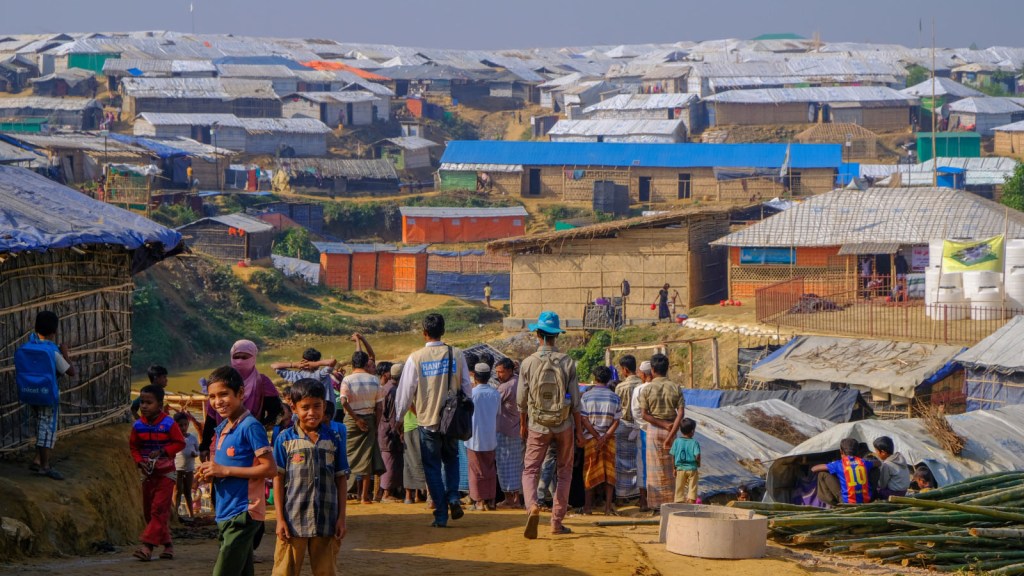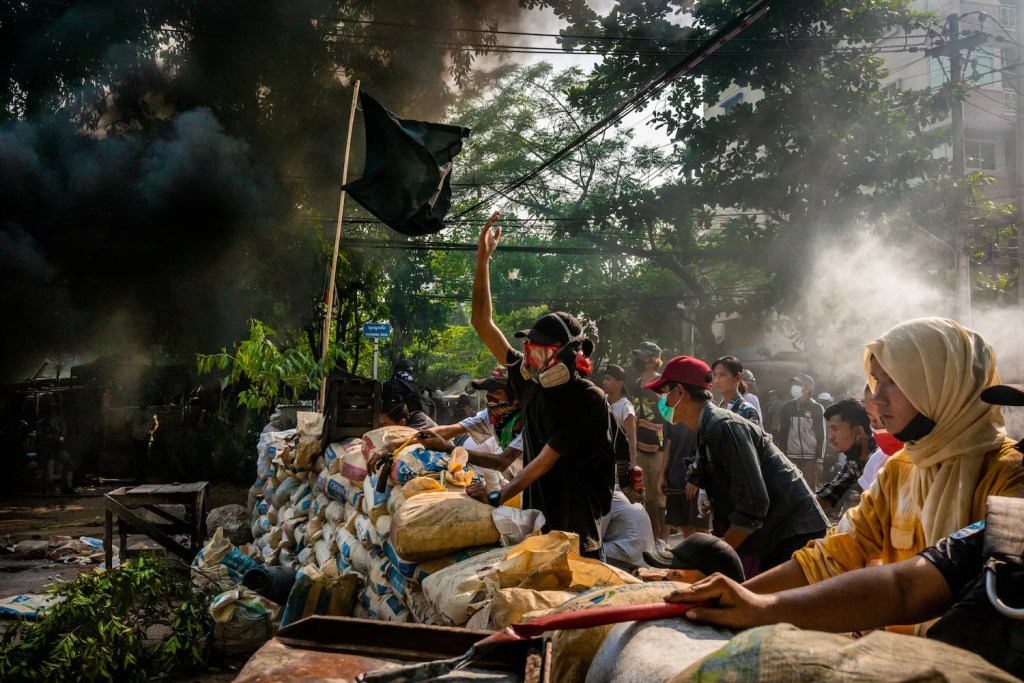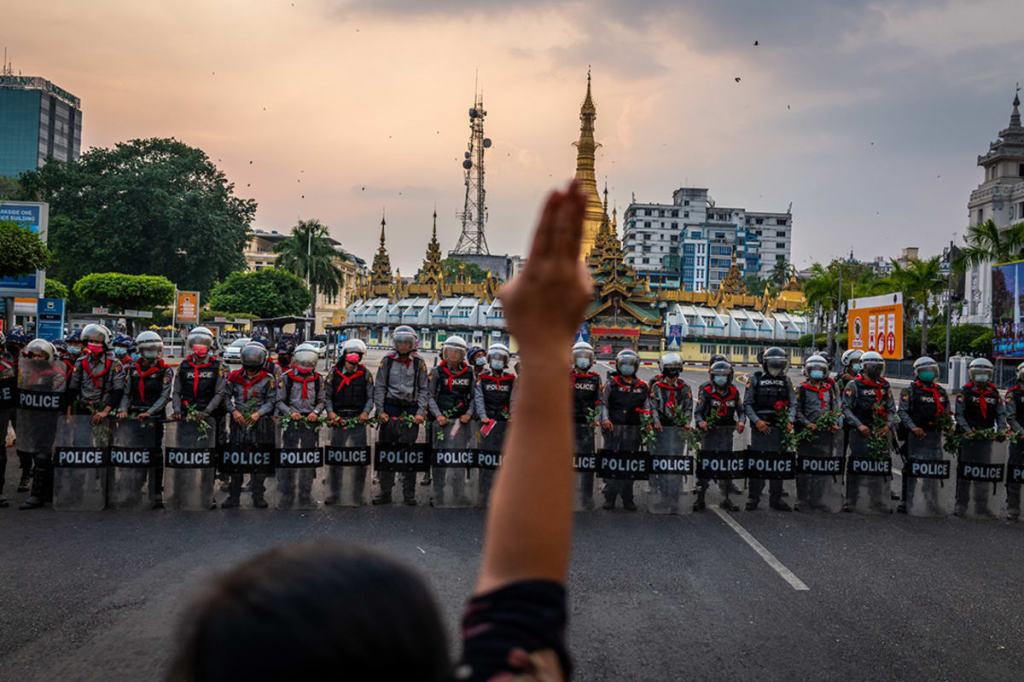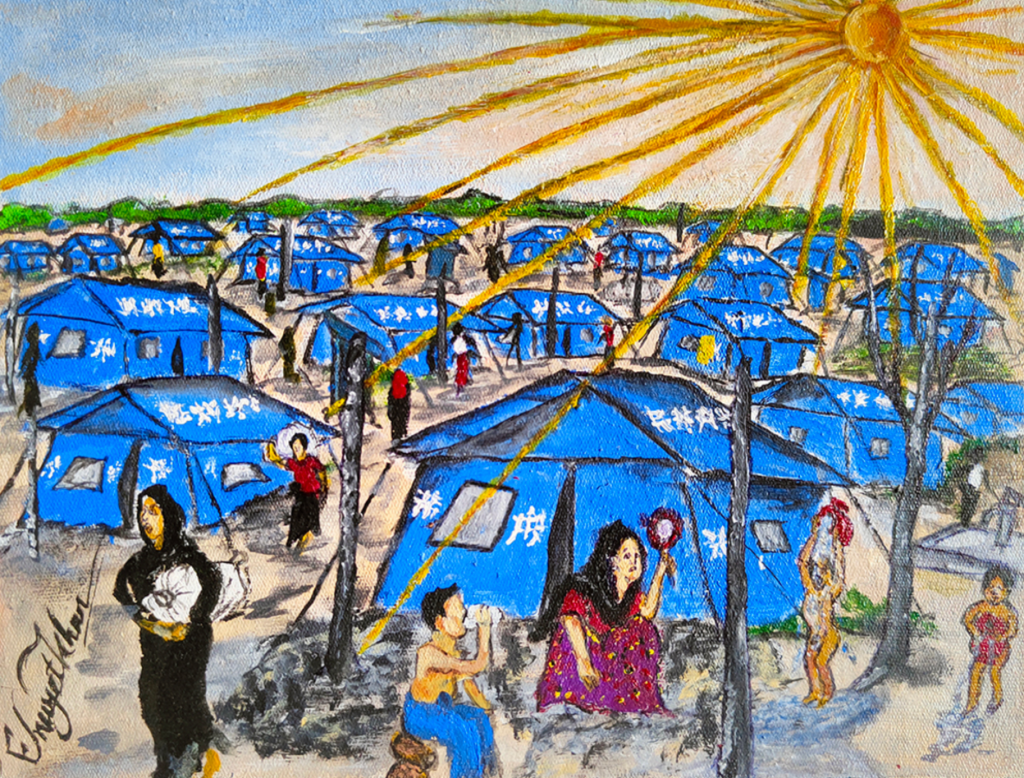The following is a guest post by Thomas Obel Hansen, who is is the Beatriz Galindo Distinguished Professor with the Department of International Law, Universidad Carlos III de Madrid; he has a research affiliation with the Transitional Justice Institute, Ulster University.
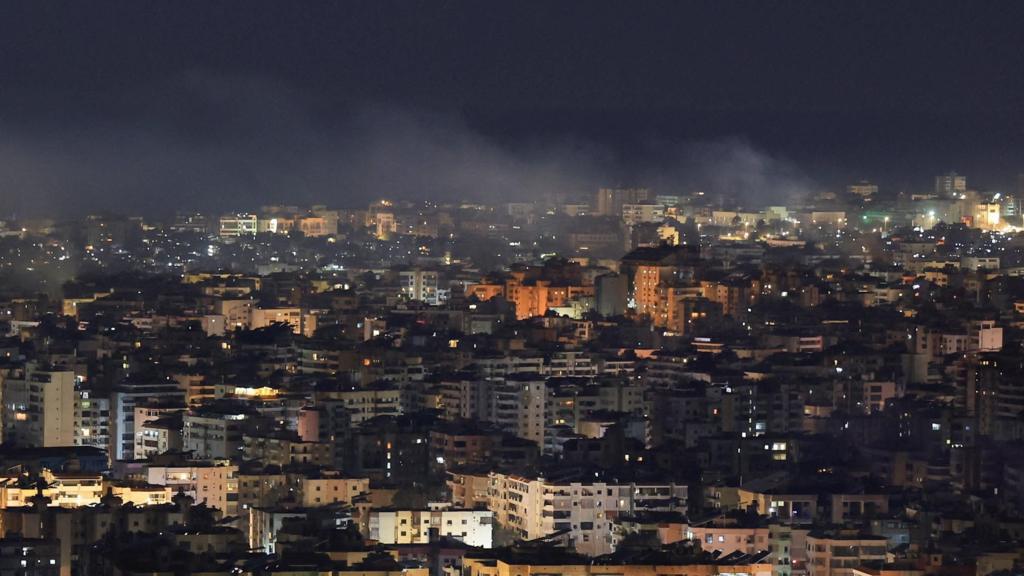
The Spanish government should be lauded for standing up for international law in the current war of aggression against Iran. Whereas many States in the West have stated broad support of the goals pursued by the US and Israel in Iran – and have been mainly muted about the fact that this military campaign is manifestly illegal – Pedro Sánchez’ government in Spain has taken a fundamentally different approach. Sánchez has said “no to war”, insisting – and rightly so – that US/ Israel military action in Iran is “unjustified, dangerous and illegal”.
This position is coupled with real action not to be complicit in a war of aggression, including denying the US the right to use Spanish military bases to assist Operation Epic Fury. This has triggered anger in Washington, with President Donald Trump calling Spain “terrible” and threatening to “cut off all dealings with Spain”. President Trump also suggests the US could simply ignore Sánchez’ decision and continue to use the military bases in Spain: “if we wanted, we could just fly in and use it; nobody’s going to tell us not to use it”. If doing so, that would amount to yet another breach of UN Charter law.
Sánchez responded to these suggestions in a televised address on March 4, stating that Spain will “not be complicit in something that is bad for the world – and that is also contrary to our values and interests – simply out of fear of reprisals from someone”. That response should be read in a context where Spain has been among the most vocal voices in the West condemning the genocide in Gaza and – unlike many others – taken meaningful measures to address it. This has caused friction with the US and Israel.

